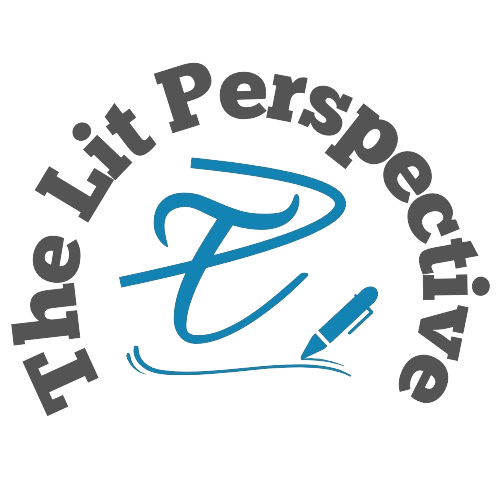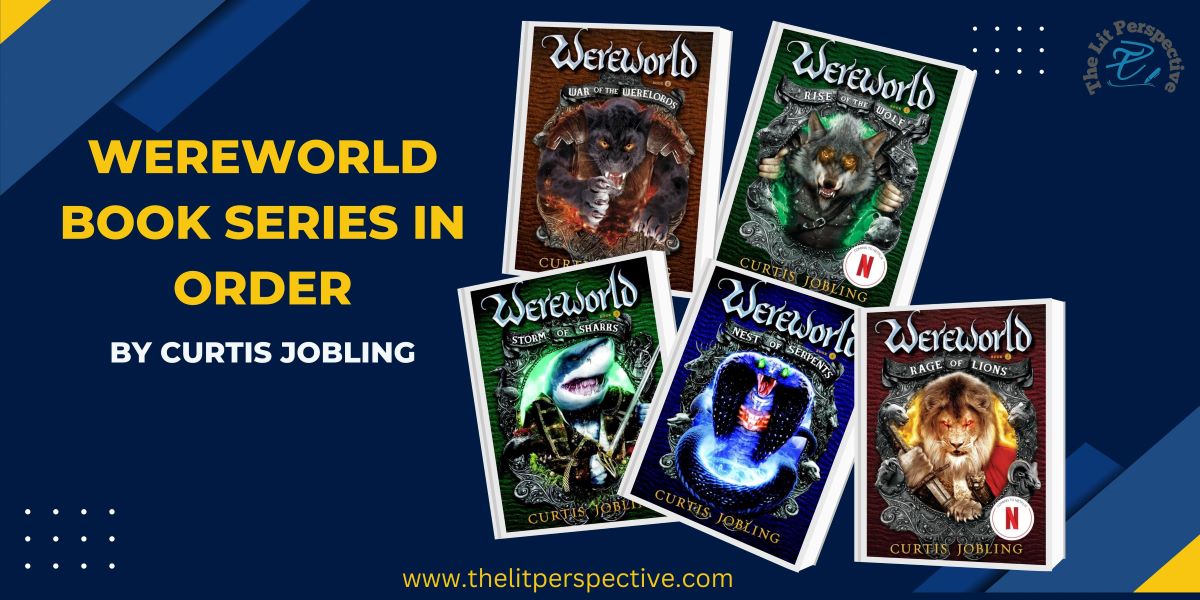TheLitPerspective is your one-stop shop for everything that ignites the spark of curiosity within you.
Hard Sci-Fi vs. Space Opera: 8 Books to Discover Your Favorite Sci-Fi Subgenre
Science fiction is a genre with a broad range of themes, subgenres, and writing styles. Two popular subgenres within sci-fi are Hard Sci-Fi and Space Opera.
While both explore futuristic themes, they differ significantly in their approach, tone, and focus. Understanding these differences can help you choose which subgenre appeals to you most.
In this article, we’ll explore both Hard Sci-Fi and Space Opera, highlight their key features, and recommend 8 books that will help you discover your favorite type of sci-fi.
What is Hard Sci-Fi?
Hard Sci-Fi focuses on the scientific accuracy of its content. Authors in this subgenre emphasize real-world scientific principles and explore how future technologies might realistically evolve. These stories are grounded in facts, often incorporating physics, biology, and engineering, ensuring that the technology and concepts presented are plausible, or at least rooted in current scientific understanding.
Key Features of Hard Sci-Fi:
- Scientific Accuracy: The storylines often revolve around complex scientific ideas like space travel, robotics, artificial intelligence, and physics.
- Realistic Technology: Technology in Hard Sci-Fi is often based on current or foreseeable advancements, and while futuristic, it doesn’t rely on speculative science that defies known laws.
- Logical Progression: The plot typically follows a clear, logical flow based on the established science.
What is Space Opera?
On the other hand, Space Opera is often less concerned with scientific accuracy and more focused on storytelling, adventure, and spectacle. It’s an action-packed subgenre set in space that includes vast interplanetary conflicts, larger-than-life characters, and dramatic plots. While it may include advanced technology and futuristic concepts, Space Opera often stretches the boundaries of science and focuses more on entertainment.
Key Features of Space Opera:
- Epic Scale: The plots often involve large-scale galactic conflicts, wars, or political intrigue.
- Futuristic but Fantastical Technology: Space Opera includes advanced technology, but it’s often presented in a way that doesn’t necessarily align with the known laws of physics.
- Emotional and Dramatic Storylines: It focuses heavily on character development, relationships, and grand narratives.
Read also: 50 Best Science Fiction Books for Beginners
Hard Sci-Fi vs. Space Opera: Key Differences
| Aspect | Hard Sci-Fi | Space Opera |
|---|---|---|
| Scientific Accuracy | Grounded in real science and logic | Uses fantastical science for plot |
| Tone | Serious, intellectual, thoughtful | Dramatic, action-oriented, emotional |
| Technology | Realistic, based on current scientific understanding | Advanced but often fantastical and unexplained |
| Story Focus | Exploration of science and technological impact | Adventure, battles, political intrigue, and personal drama |
| Length & Scope | Typically more focused and concise | Often epic in scale, with multiple subplots and characters |
8 Books to Discover Your Favorite Sci-Fi Subgenre
Whether you’re more drawn to the realism of Hard Sci-Fi or the grand adventures of Space Opera, these books offer a glimpse into each subgenre. Below, we’ve selected 4 books from each category that stand out in terms of storytelling, depth, and engagement.
4 Hard Sci-Fi Books You Should Read
1. The Martian by Andy Weir
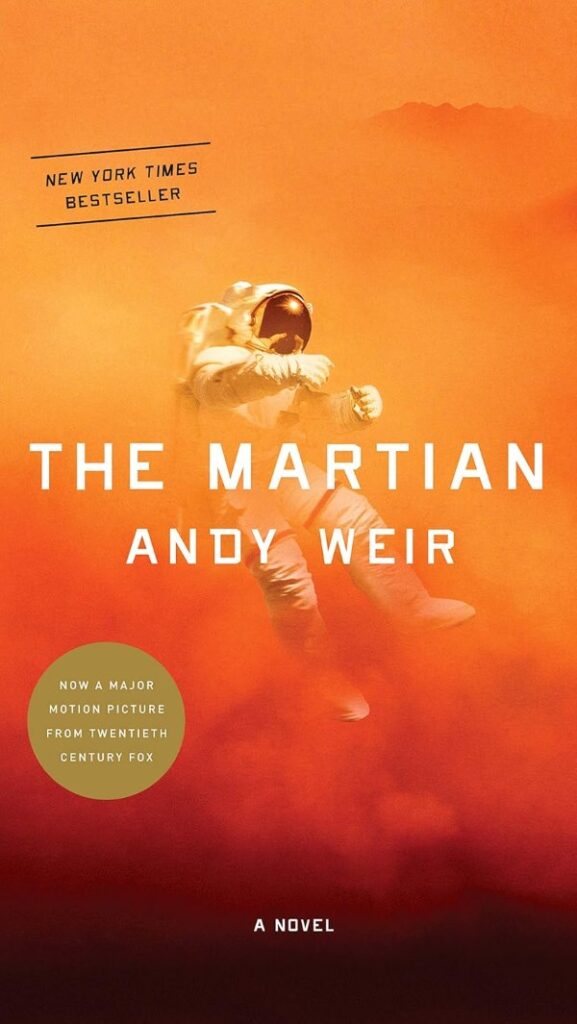
The Martian is a modern Hard Sci-Fi classic. The story follows astronaut Mark Watney, who is stranded on Mars after a botched mission. Watney uses his knowledge of science and engineering to survive until rescue. The book focuses on scientific accuracy, offering real-world solutions to problems like air and water supply, crop growth, and survival in space. It’s a gripping tale of human ingenuity and perseverance.
Why Read It?
- The Martian is known for its scientific accuracy and realistic depiction of space survival.
- It’s highly engaging and filled with humor, making it accessible even to readers who aren’t science experts.
Read also: 50 Mind-Blowing Classic Sci-Fi Books to Read
2. Rendezvous with Rama by Arthur C. Clarke
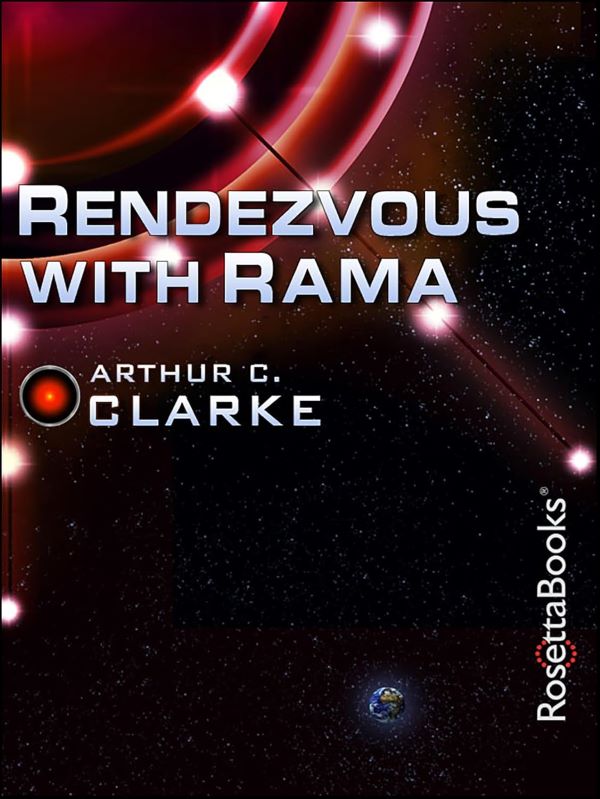
This novel explores the arrival of a mysterious alien spaceship in the solar system. The ship, Rama, is a hollow, cylindrical object that seems to have a purpose. A team of astronauts is sent to explore it, but the mystery deepens the closer they get. Clarke’s approach is grounded in realistic science and explores space exploration, alien life, and the limits of human knowledge.
Why Read It?
- Clarke’s writing is highly respected for its scientifically plausible depiction of space exploration.
- It explores deep questions about humanity’s place in the universe and the unknown.
3. The Left Hand of Darkness by Ursula K. Le Guin
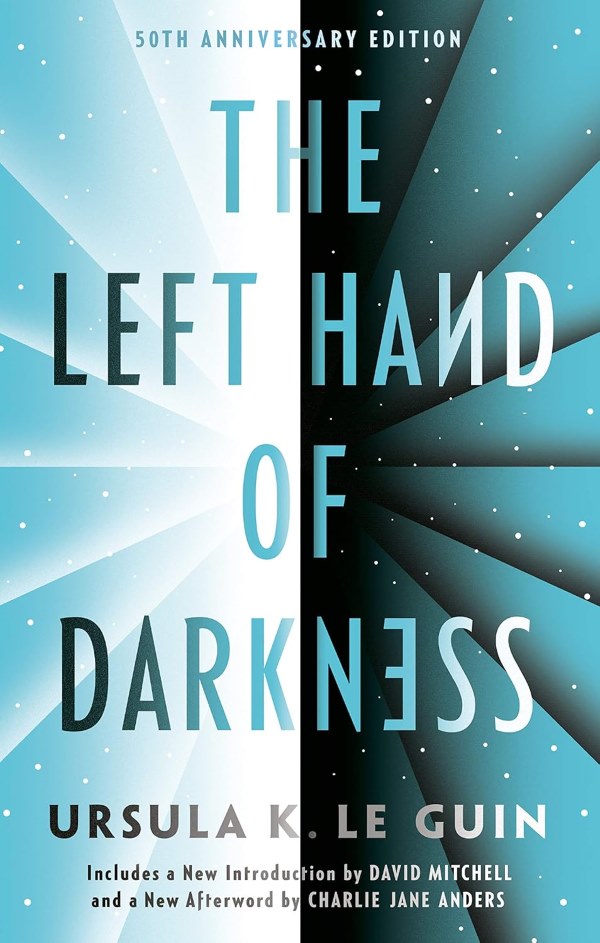
Le Guin’s novel is set on the planet Gethen, where the inhabitants are ambisexual, and the story revolves around political intrigue and exploration. It combines Hard Sci-Fi themes like social structure and anthropology with a gripping personal journey. The novel’s exploration of gender, culture, and politics is thought-provoking and intelligent.
Why Read It?
- The novel uses scientific and anthropological principles to explore human culture and society.
- Le Guin’s unique approach to gender and identity challenges readers to think critically about the future.
4. Blindsight by Peter Watts
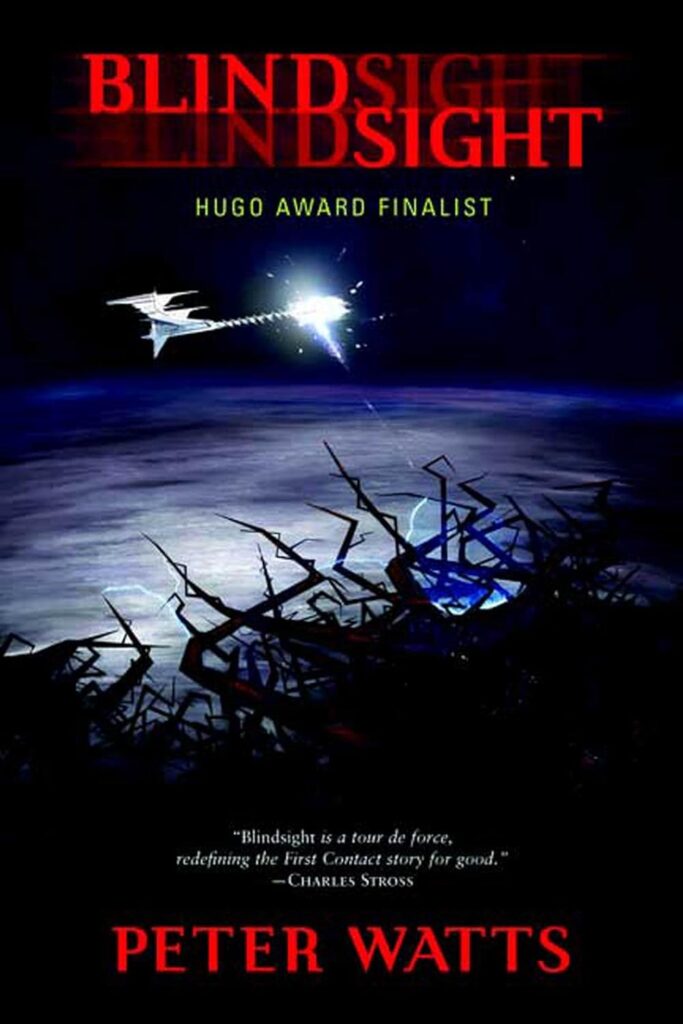
Blindsight is a complex Hard Sci-Fi novel about first contact with an alien species. The book delves deep into the psychology of intelligence, consciousness, and alien life. Watts incorporates advanced biological and neurological theories into the story, making it one of the most thought-provoking books in the Hard Sci-Fi genre.
Why Read It?
- The novel questions what it means to be human, with a heavy focus on science and biology.
- It’s dense and intellectually stimulating, appealing to readers who enjoy complex ideas and debates.
4 Space Opera Books You Should Read
1. Dune by Frank Herbert
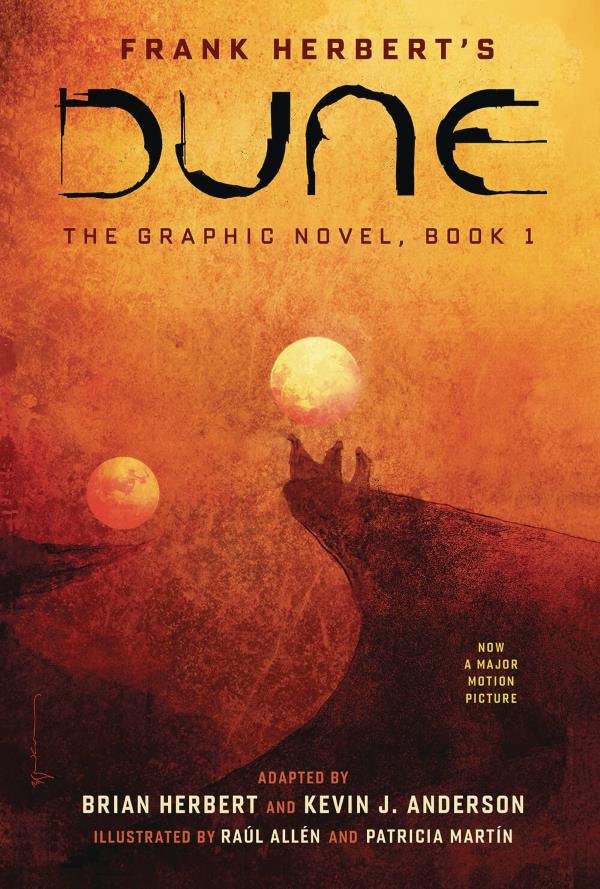
Dune is one of the most famous works in the Space Opera subgenre. Set on the desert planet of Arrakis, it follows Paul Atreides as he becomes embroiled in political power struggles involving noble houses, an ancient religion, and a valuable spice that is central to space travel. The story is vast, featuring complex characters and a detailed universe with an emphasis on politics and religion.
Why Read It?
- Dune is an epic saga of power, betrayal, and survival with deep philosophical and political undertones.
- The world-building is unmatched, and the themes of ecology, religion, and politics are timeless.
2. The Expanse Series by James S.A. Corey
Starting with Leviathan Wakes, The Expanse series is a thrilling blend of Space Opera and political intrigue. Set in a future where humanity has colonized the solar system, the series follows the conflict between Earth, Mars, and the Belt. The books feature intense action, complex characters, and interplanetary warfare.
Why Read It?
- The Expanse combines intense action with smart political commentary and a highly detailed future world.
- It has been adapted into a popular TV series, making it easy for fans of the show to dive into the books.
3. Hyperion by Dan Simmons
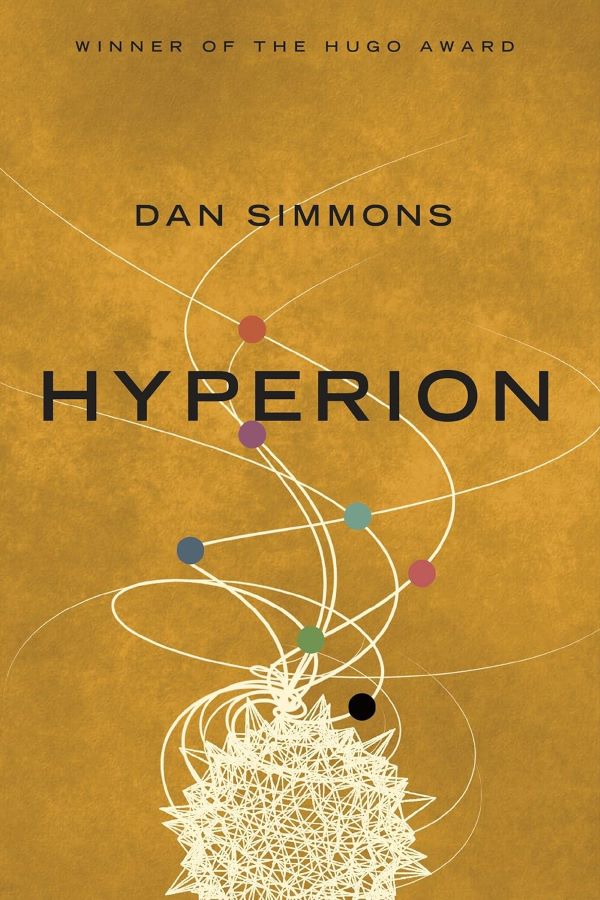
Hyperion is a unique Space Opera that follows seven pilgrims traveling to the distant world of Hyperion. Each pilgrim tells their own story, weaving together a complex narrative filled with religious, philosophical, and technological themes. The novel is known for its depth, complexity, and philosophical musings.
Why Read It?
- It’s an epic story with multiple perspectives and rich, thematic storytelling.
- The world-building and the mysteries of the Hyperion universe will captivate readers who enjoy deep, layered narratives.
4. The Vorkosigan Saga by Lois McMaster Bujold
Starting with Shards of Honor, this series follows the adventures of Miles Vorkosigan, a brilliant but physically disabled officer in a future interstellar military. The series blends Space Opera action with personal drama and political intrigue. It’s well-regarded for its character-driven plots and witty dialogue.
Why Read It?
- The series mixes military strategy with humor, character growth, and interplanetary conflict.
- It’s perfect for readers who love strong character development alongside space adventures.
Which Sci-Fi Subgenre is Right for You?
- If you prefer scientifically grounded stories with realistic space travel, technological advancements, and intellectual challenges, Hard Sci-Fi is your best bet.
- If you crave epic adventures, galactic battles, and larger-than-life characters, Space Opera will be more to your liking.
Read also: 10 Sci-Fi Books That Will Change How You See the Universe
FAQs for Hard Sci-fi and Space Opera
Hard Sci-Fi focuses on scientific accuracy and realistic technology, while Space Opera prioritizes adventure, action, and grand, dramatic narratives
The Martian by Andy Weir is an excellent entry point due to its accessible writing, humor, and scientifically plausible survival story.
While Space Opera often features action, many books, like Dune, explore deep political, philosophical, and cultural themes.
Absolutely! Many readers enjoy both subgenres for their unique qualities—Hard Sci-Fi for its intellectual stimulation and Space Opera for its thrilling adventure.
The Expanse series by James S.A. Corey offers a great mix of political intrigue, interplanetary conflict, and rich world-building.
Key Takeaways
Both Hard Sci-Fi and Space Opera offer rich and rewarding experiences, but they appeal to different types of readers. If you’re interested in exploring scientific concepts and realistic depictions of future technologies, Hard Sci-Fi is your best choice. If you prefer epic adventures, thrilling space battles, and character-driven stories, Space Opera might be more your style.
Pick up one (or more) of the books we’ve recommended, and dive into these fascinating subgenres today. Whether you’re looking for intellectual depth or exciting adventures, there’s a sci-fi book recommendations out there for you. Happy reading!
TheLitPerspective is your one-stop shop for everything that ignites the spark of curiosity within you.
